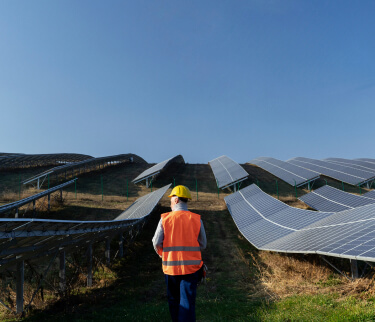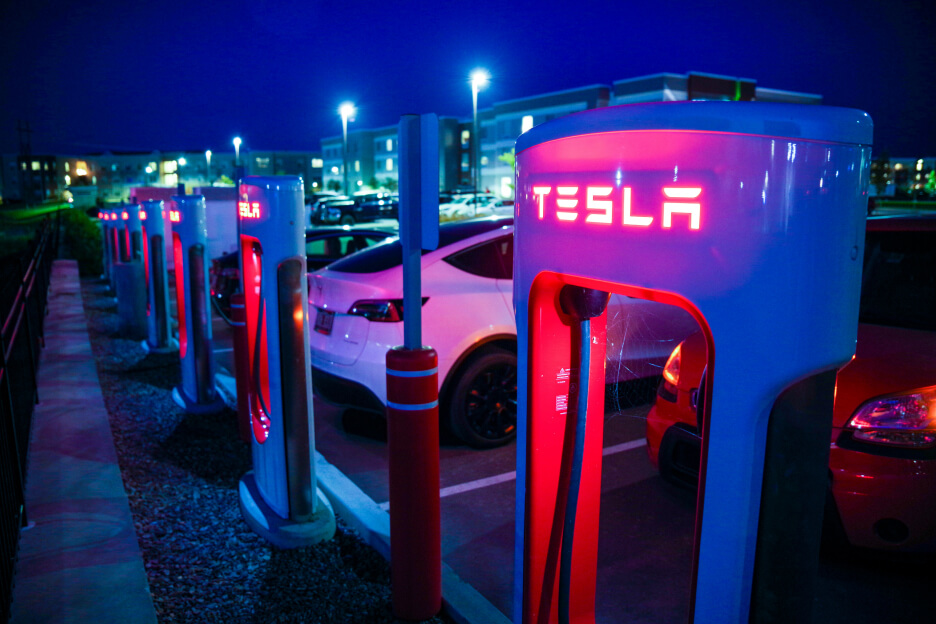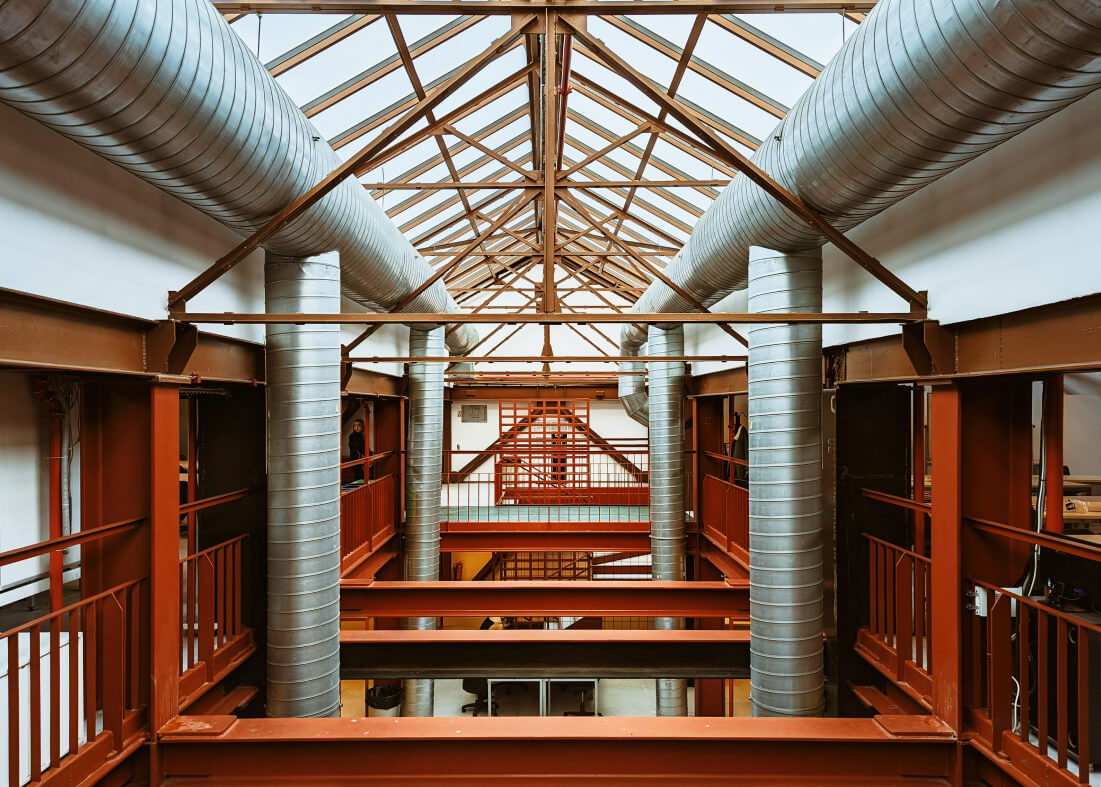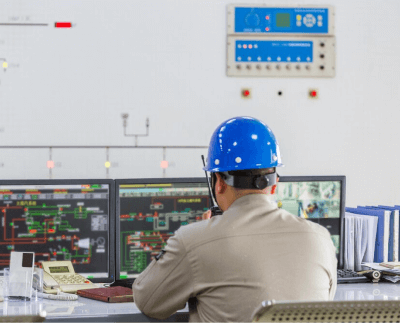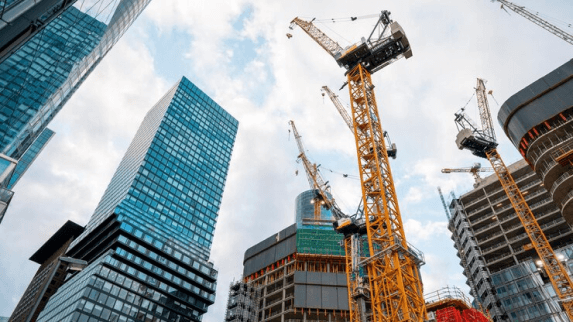Plumbing Engineering
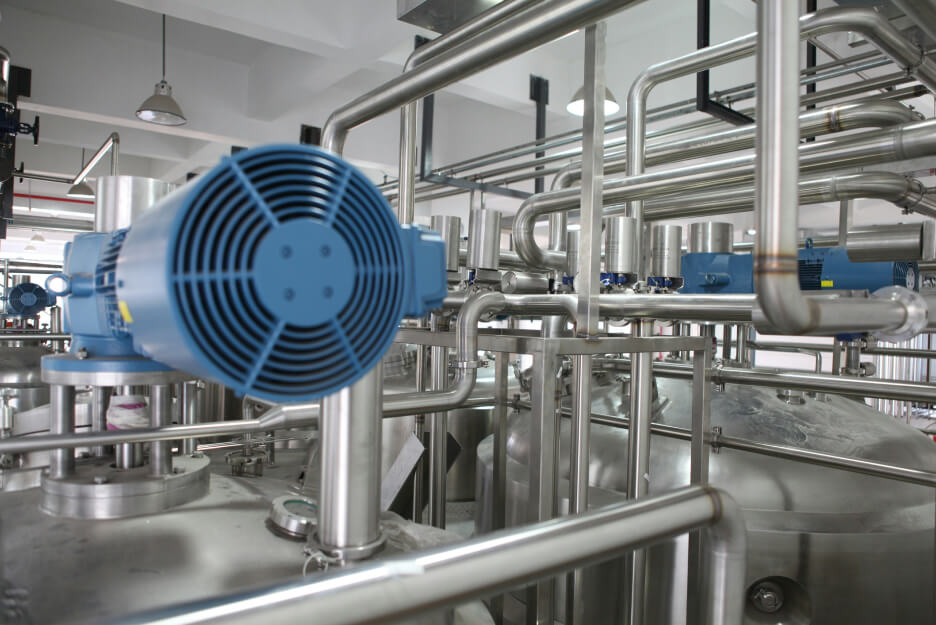
About Plumbing Engineering
Plumbing Engineering involves the creation of efficient and sustainable systems for conveying water, gas, and waste within buildings and infrastructure.
Key aspects of plumbing engineering projects include:
Water Supply and Distribution Systems:
– Plumbing engineering can be deployed to design systems that provide a clean and reliable water supply to residential, commercial, and industrial buildings.
– Selecting and sizing pipes, valves, and fittings ensures adequate water pressure, flow rate, and distribution throughout the building.
Drainage and Wastewater Systems:
– Wastewater and sewage can be safely and efficiently removed from buildings to treatment facilities or disposal sites.
– Drainage solutions can be incorporated into existing structures to prevent flooding and water damage in basements, parking garages, and other low-lying areas.
Fire Protection Systems:
– Fire suppression systems, including sprinklers, standpipes, and fire pumps, protect buildings and occupants from fire hazards.
– Compliance with building codes and regulations supports fire safety and minimizes property damage.
Gas Distribution Systems:
– Gas piping systems supply natural gas or propane for heating, cooking, and other applications in residential, commercial, and industrial settings.
– Implementing safety measures prevents gas leaks and ensure proper ventilation in enclosed spaces.
